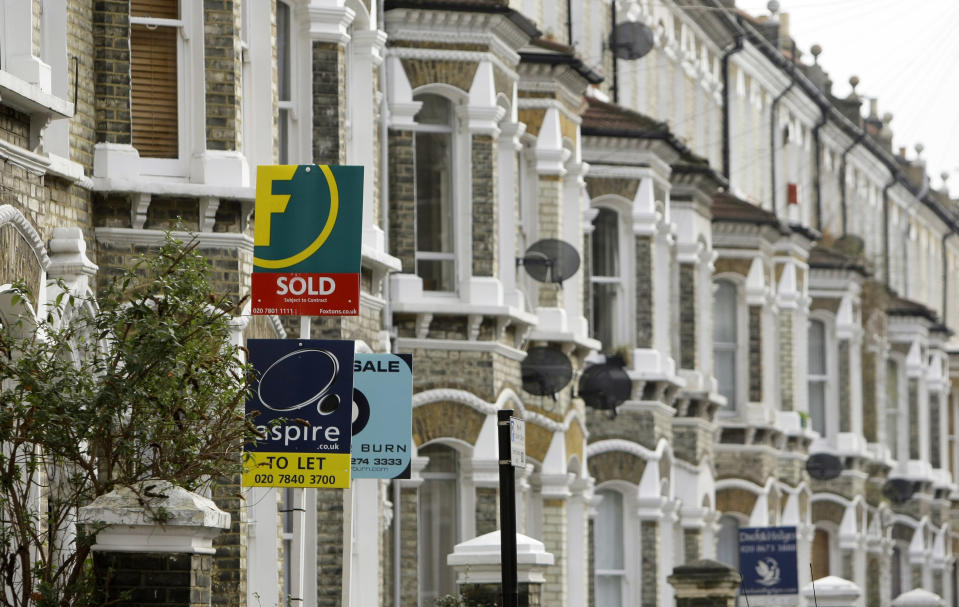London property market suffers worst year in a decade as prices crash

London’s property market has recorded its worst year in a decade as prices sunk by 4.4% in the year to May, according to official figures.
Prices in the capital slid by 2.5% between April and May, as Brexit uncertainty hit confidence in the housing market.
Nationally house prices rose only 0.1% between April and May, according to the UK house price index published by HM Land Registry on Wednesday. That matched February’s six-year low.
London had the worst year for prices of anywhere in the UK, with the 4.4% decline a steep fall on the previous month’s year-on-year drop of 1.7%.
It is also the worst annual decline in London since August 2009 during the financial crisis, when prices tanked by 7%.
UK property prices were almost flat between May and June as fears continue to build of a no-deal Brexit in October, which the Bank of England has warned could cause property prices to crash.
Prices were only up 1.2% year-on-year in May, down from 1.5% in the year to April and 1.6% in March.
The average UK price in May was just over £229,400.
READ MORE: Official figures show UK inflation holds steady at 2%
It comes after Rightmove figures on Monday showed average asking prices on its site drop for the first time this year in June.
The average home’s price on the property site dipped by about £660 to £309,000 between June and July. Asking prices on Rightmove were flat or falling in every English region bar the southwest.
A cooler property market is likely to be welcomed by those looking to buy, but analysts are likely to see it as yet another warning sign of increased slowdown in the wider UK economy just months before the Brexit date in October.
READ MORE: Rightmove index shows property prices dipping for the first time this year
Lucian Cook, head of residential research at Savills, said on Monday the “ripple of caution” over Brexit that has dogged the London property market in particular since the referendum was spreading across the country.
Rightmove said the time it takes for homeowners to find a buyer was at a six-year high for this time of year, with fewer homes coming to market as would-be sellers hold back.
Rightmove’s July house price index report predicted a “buyers’ market” in the second half of 2019.
Miles Shipside, Rightmove director and housing market analyst, blamed the “current political climate” for denting public confidence.
But he added: “With record employment, low interest rates, and good mortgage availability, buyers have a lot in their favour apart from the lack of political certainty.
“It could be a good opportunity to negotiate a relative bargain in the second half of the year, if they can set aside the continuing Brexit distractions.”
The slowdown in London has failed to significantly bring down prices in the capital, which are still up on a decade ago and the most expensive in the UK.
Meanwhile, official figures show average wages in Britain are still £5 below their pre-crisis peak, according to analysis on Tuesday by the Resolution Foundation
READ MORE: Britain’s biggest housebuilder shrugs off Brexit uncertainty

 Yahoo Finance
Yahoo Finance 